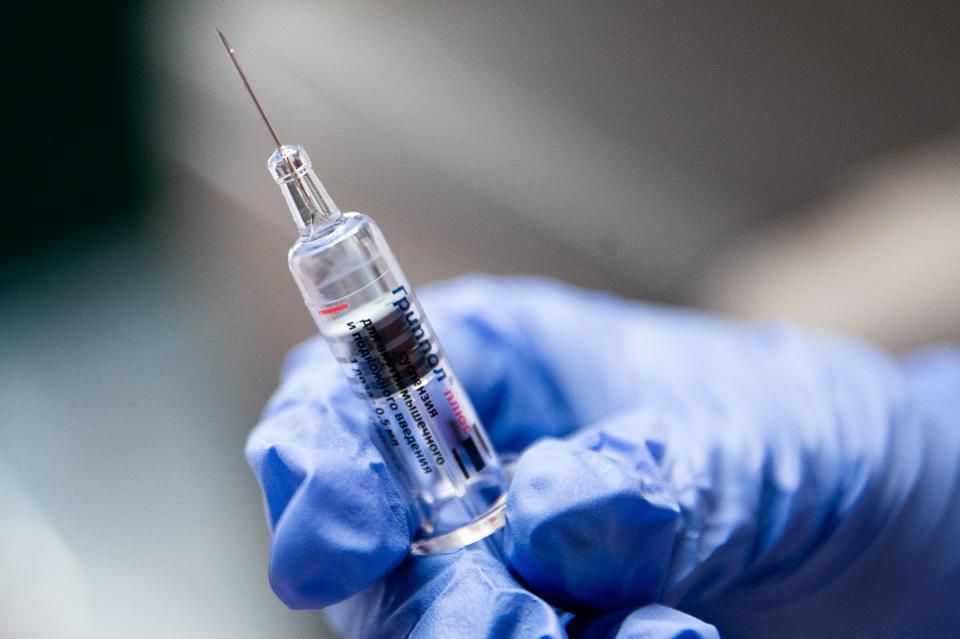Stakeholders across government, non-governmental organisations and international health organisations have called for accelerated efforts towards local manufacturing of anti-retrovirals (ARVs) and vaccines for HIV, COVID-19 and other communicable diseases.
They made the call yesterday in a communique issued after a national symposium organised by INGO Third Sector Resource, in collaboration with African Business Roundtable and Phoenix Africa in Abuja.
The communique was signed by the coordinator, Jamila Mohammed Kolo, and secretary, Barr Chijioke James.
They said the symposium was geared towards reviewing existing carrying capacities in-country and the strategies to accelerate local production of vaccines in view of the current global vaccine shortage, and opportunities presented by the African Continental Free Trade Agreement (AfCFTA).
“There is need for innovation and creativity in putting Nigeria’s health system on the global map for healthcare provision thereby conserving the funds otherwise used for health tourism and importation of medicines,” they said in the communique.
The experts said there is an urgent need to encourage the local manufacturing of Active Pharmaceutical Ingredients (APIs) to make Nigeria less dependent on importation of pharmaceutical raw materials.
They also called on government to provide access to funding through appropriate financial institutions such as soft loans for the domestic production of ARVs, vaccines and other medicines.
“The national symposium applauds the president’s initiative in earmarking $200 million through the Nigerian Sovereign Investment Authority for the initiative that will complement the Central Bank of Nigeria’s ongoing N85 billion Healthcare Sector Research and Development Intervention Scheme to support local researchers in the development of vaccines and other medicines to combat communicable and non-communicable diseases including COVID-19,” they said.
The Minister of Health, Dr Osagie Ehanire, who was represented by the Director of Food and Drugs Services in the ministry, Pharmacist Olubunmi Aribeana, said the dearth of API has been slowing local vaccine production in the country as they are mostly imported.
He said the ministry is working assiduously with relevant partners to ensure that opportunities for local vaccine manufacture given by WHO are not wasted.
The Minister of Industry, Trade and Investment, Adeniyi Adebayo, who was represented by a deputy director, Mohammed Bala, said the ministry is developing a policy framework that will facilitate the development of capacity for self-sufficiency in the manufacture of drugs, conventional and herbal vaccines, as well as medical instruments diagnostics and product.

 Join Daily Trust WhatsApp Community For Quick Access To News and Happenings Around You.
Join Daily Trust WhatsApp Community For Quick Access To News and Happenings Around You.


